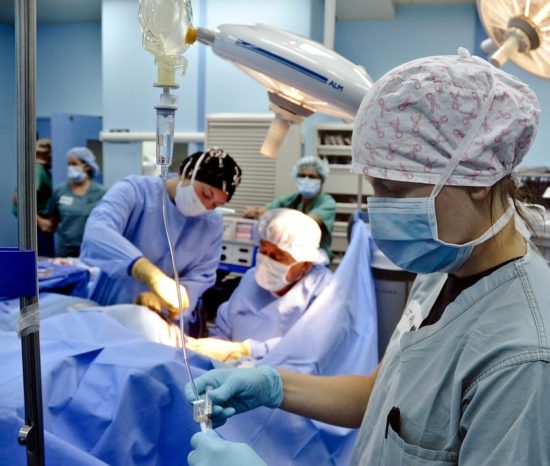Microbiology testing capacity and antimicrobial drug resistance in surgical-site infections: a post-hoc, prospective, secondary analysis of the FALCON randomised trial in seven low-income and middle-income countries
Surgical-site infection (SSI) is a common health-care-associated infection, contributing to antibiotic use. A study in seven low-income and middle-income countries (LMICs) found that targeted antibiotic prophylaxis is insufficient in preventing SSIs and controlling antimicrobial resistance (AMR). The FALCON trial involved 5788 patients, with 1163 diagnosed with SSIs. Of these, 77.8% received prophylactic antibiotics before surgery. Of 228 patients swabbed, 88.5% had microorganisms detected, with Escherichia coli being the most common. MDR was found in 69.4% of patients. The study suggests that expanding testing capacity, developing local guidelines, and implementing infection control teams could help prevent SSIs through directed antibiotic prophylaxis and reduce MDR burden.
AMR NEWS
Your Biweekly Source for Global AMR Insights!
Stay informed with the essential newsletter that brings together all the latest One Health news on antimicrobial resistance. Delivered straight to your inbox every two weeks, AMR NEWS provides a curated selection of international insights, key publications, and the latest updates in the fight against AMR.
Don’t miss out on staying ahead in the global AMR movement—subscribe now!







